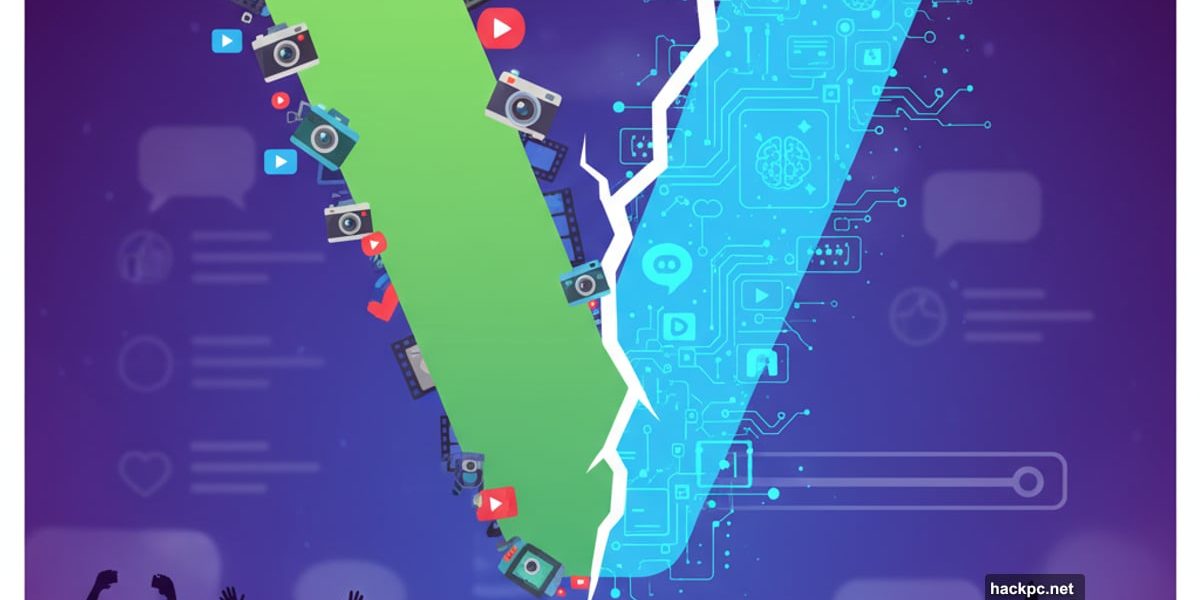
Elon Musk just dropped a bombshell that hit the internet like a nostalgia grenade. Early morning, he posted six words on X: “We’re bringing back Vine, but in AI form.”
That’s it. No screenshots. No roadmap. No launch date. Just enough to send millions of former Vine users into a frenzy of excitement and dread. Because here’s the thing—AI-powered Vine sounds either revolutionary or completely cursed, depending on who you ask.
The Six-Second Empire That Vanished
Remember Vine? Of course you do. Those looping six-second clips weren’t just videos. They were a cultural moment that shaped how an entire generation consumed comedy online.
Launched in 2013, Vine exploded fast. Twitter bought it for $30 million before it even launched publicly. Within two years, it hit 200 million users. Creators built entire careers on those tiny loops. The format was brutally efficient—no room for fluff, just pure creative punch.
Then it died. Twitter killed Vine in 2017. The company couldn’t figure out monetization. Meanwhile, Instagram and Snapchat offered creators better tools and longer videos. TikTok eventually took the crown, but its DNA traces straight back to Vine’s looping roots.
What “AI Form” Actually Means
Musk didn’t elaborate. But that phrase “in AI form” is doing some heavy lifting here. It suggests way more than just bringing back an old app with a fresh coat of paint.
Think about where AI video generation stands right now. Tools like Sora, Runway, and Veo 3 can already create entire video clips from text prompts. Users type an idea. The AI generates the footage. No camera needed.
So an AI-powered Vine could let you create content without filming anything. Just describe your concept, and the platform generates a six-second loop. Want a cat riding a skateboard through a burning building? Type it in. Done.
Plus, AI could handle instant remixing, personalized content feeds, and automated editing. The platform might even suggest trending formats or generate variations of your idea automatically. That’s a completely different beast from the original Vine.
This Isn’t His First Rodeo
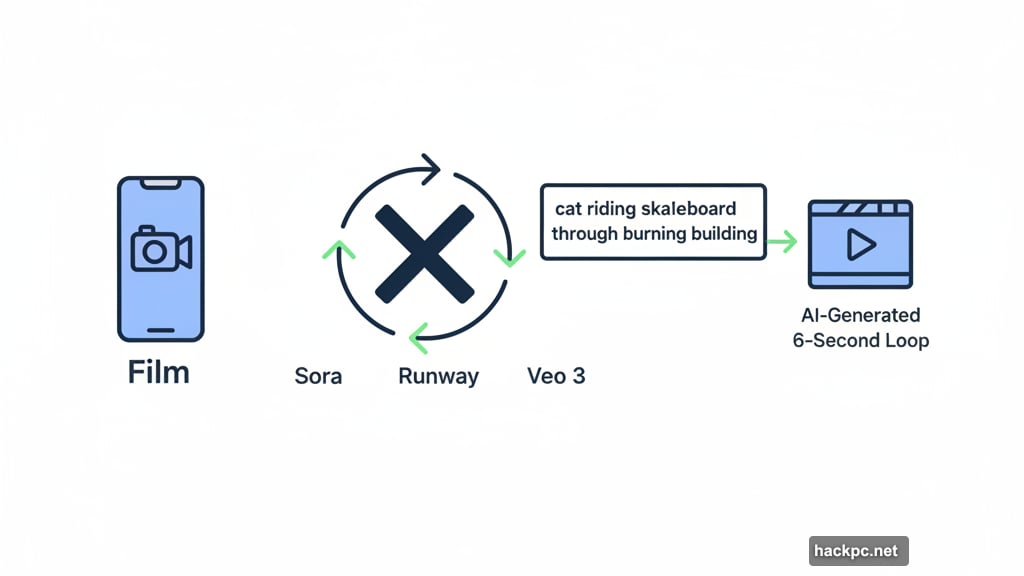
Musk floated this idea before. Back in 2022, he ran a poll asking if Vine should return. Nearly 70% of respondents said yes. Even MrBeast jumped in, pushing Musk to take on TikTok.
But AI capabilities exploded since that poll. In 2022, generative video was barely functional. Now it’s approaching mainstream usability. Musk’s timing suggests he’s been watching the tech mature. And now, it seems like he’s ready to act.
Insiders speculate the project might be called “Imagine.” That fits Musk’s pattern of choosing dreamy, single-word product names. If that’s true, expect heavy integration with X’s broader ecosystem—monetization tools, crypto features, maybe even AI-generated advertising.
The Backlash Is Already Brewing
Not everyone’s thrilled. In fact, some users are genuinely angry about the AI angle. One wrote: “People liked Vine because of its human creators and lack of algorithm. Adding AI will just be a cheap imitation.”
Another flat-out rejected it: “No one outside India wants this.” Harsh. But it captures a real concern. Will AI strip away the raw, chaotic creativity that made Vine special?
Here’s the problem. Vine worked because it was human. Messy. Unpredictable. Creators filmed weird stuff in their bedrooms and struck viral gold. That randomness can’t be replicated by algorithms optimizing for engagement metrics.
Moreover, AI-generated content raises serious trust issues. Deepfakes are already a problem. If an entire platform runs on AI-created videos, how do you verify what’s real? YouTube already requires creators to label AI content. Vine 2.0 might need similar guardrails—or face a credibility crisis from day one.
Why Vine Failed Before
Vine’s original downfall wasn’t about creativity. It was about money. Twitter never figured out how to monetize the platform. No revenue-sharing for creators. No robust ad model. Nothing to keep top talent from jumping to YouTube or Instagram.
Byte, a spiritual successor from Vine’s cofounder, tried again in 2020. It shut down in 2023. Same problem. Great concept, zero business model.
So if Musk’s serious this time, the economics have to work. That probably means plugging Vine directly into X’s infrastructure. Think monetization tools, premium tiers, maybe even crypto integration for creator payments. Musk’s pushing X toward becoming an “everything app.” A revived Vine could hook younger users into that ecosystem.
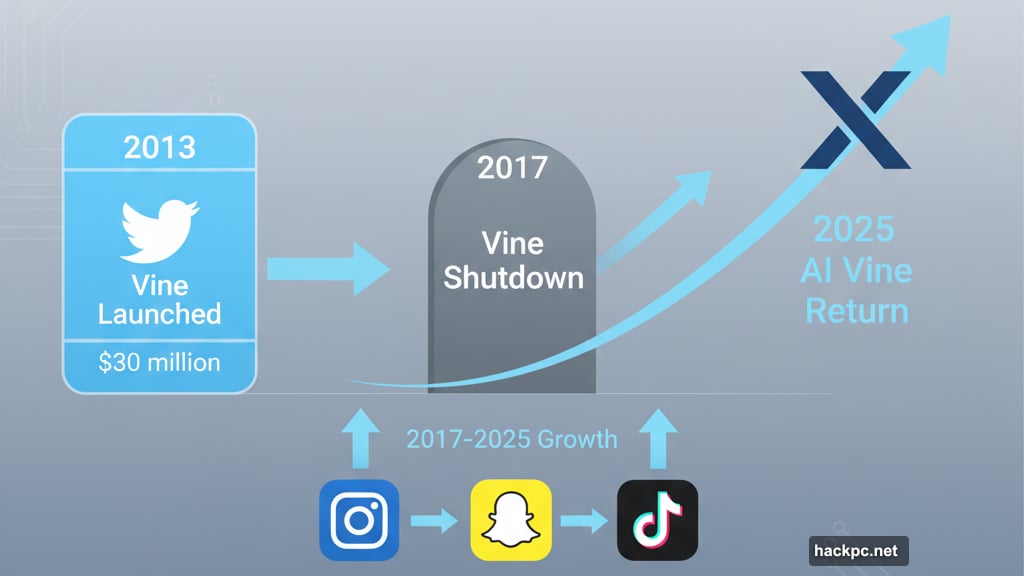
The Cultural Gamble
Here’s what nobody’s talking about. Vine succeeded because it arrived at the perfect moment. Smartphones had decent cameras. Mobile internet was fast enough. But social media hadn’t yet become hyper-commercialized. Creators were just goofing around. The authenticity was real.
That moment’s gone. TikTok dominates short-form video with a brutally efficient algorithm and massive creator incentives. Instagram Reels is right behind. YouTube Shorts is growing fast. The market’s crowded. And it’s ruthlessly competitive.
Plus, Gen Z didn’t grow up with Vine. They grew up with TikTok. Nostalgia only carries you so far when your target audience doesn’t remember the original. Musk’s betting that AI features will be compelling enough to carve out a new niche. That’s a huge gamble.
No Details Yet
As of now, there’s no official announcement. No product screenshots. No launch timeline. Just one tweet and a trending topic on X. That’s classic Musk—float an idea, gauge reaction, iterate based on feedback.
But this could move fast. Musk’s companies don’t exactly sit around deliberating. If the tech’s ready and the economics make sense, Vine 2.0 might arrive sooner than anyone expects. Or it might join the graveyard of Musk projects that never materialized. Hyperloop, anyone?
The Bigger Question
Ultimately, this isn’t just about Vine. It’s about whether AI can replicate human creativity or if it’s just an efficiency tool. Can algorithms generate the next viral comedy trend? Or will users reject it as soulless content churned out by machines?
Personally, I’m skeptical. Vine worked because it was unpredictable. AI optimizes for predictability. Those two things don’t play well together. Sure, AI can generate impressive videos. But can it capture the chaotic energy of early internet culture? I doubt it.
Still, Musk has a track record of proving doubters wrong. Maybe he’ll crack the code. Or maybe this becomes another cautionary tale about bringing back something that worked precisely because it belonged to a specific moment in time.
Either way, we’ll find out soon enough. The internet’s watching.
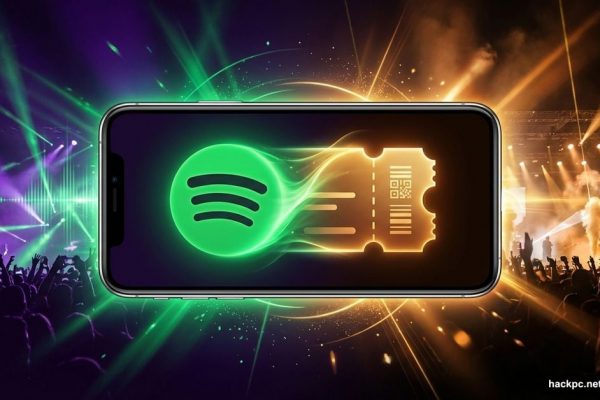
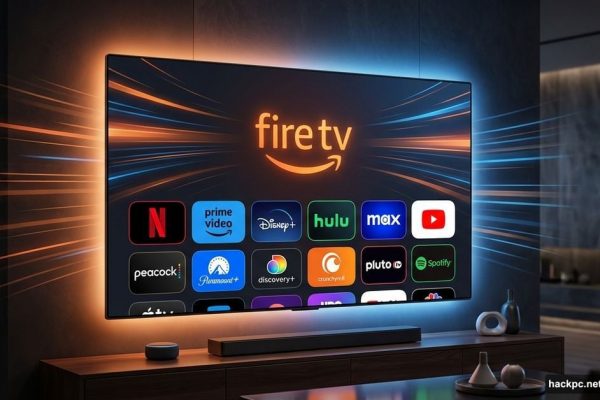
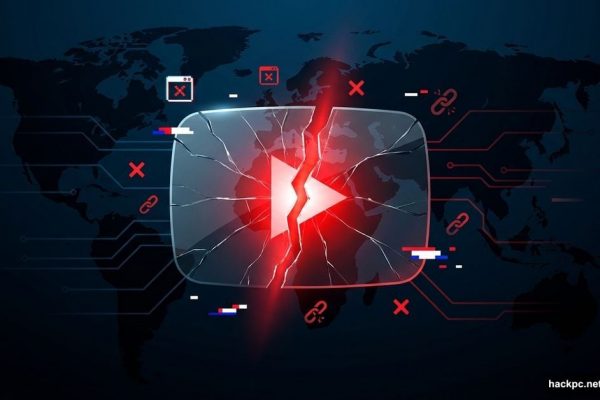
Comments (0)